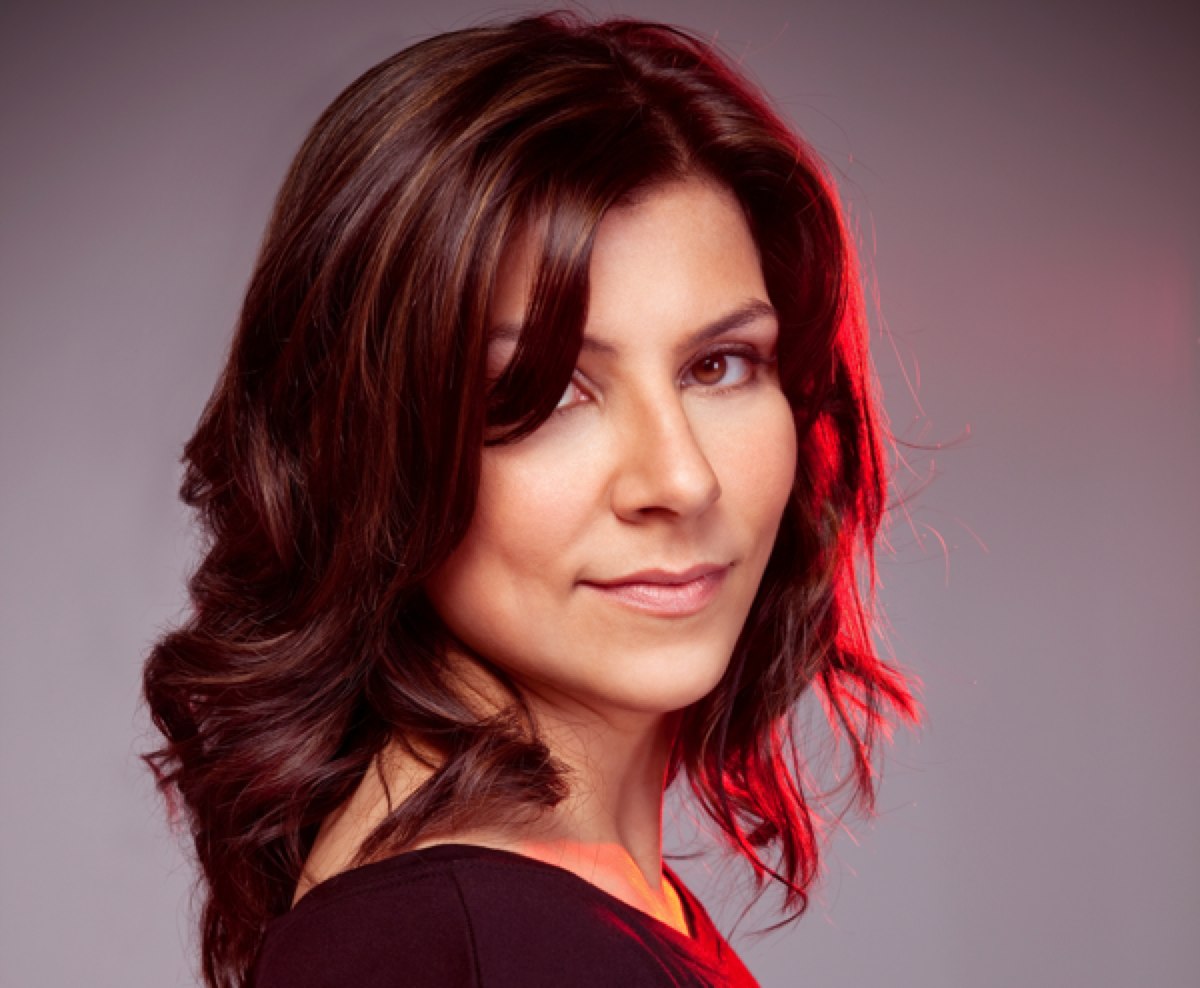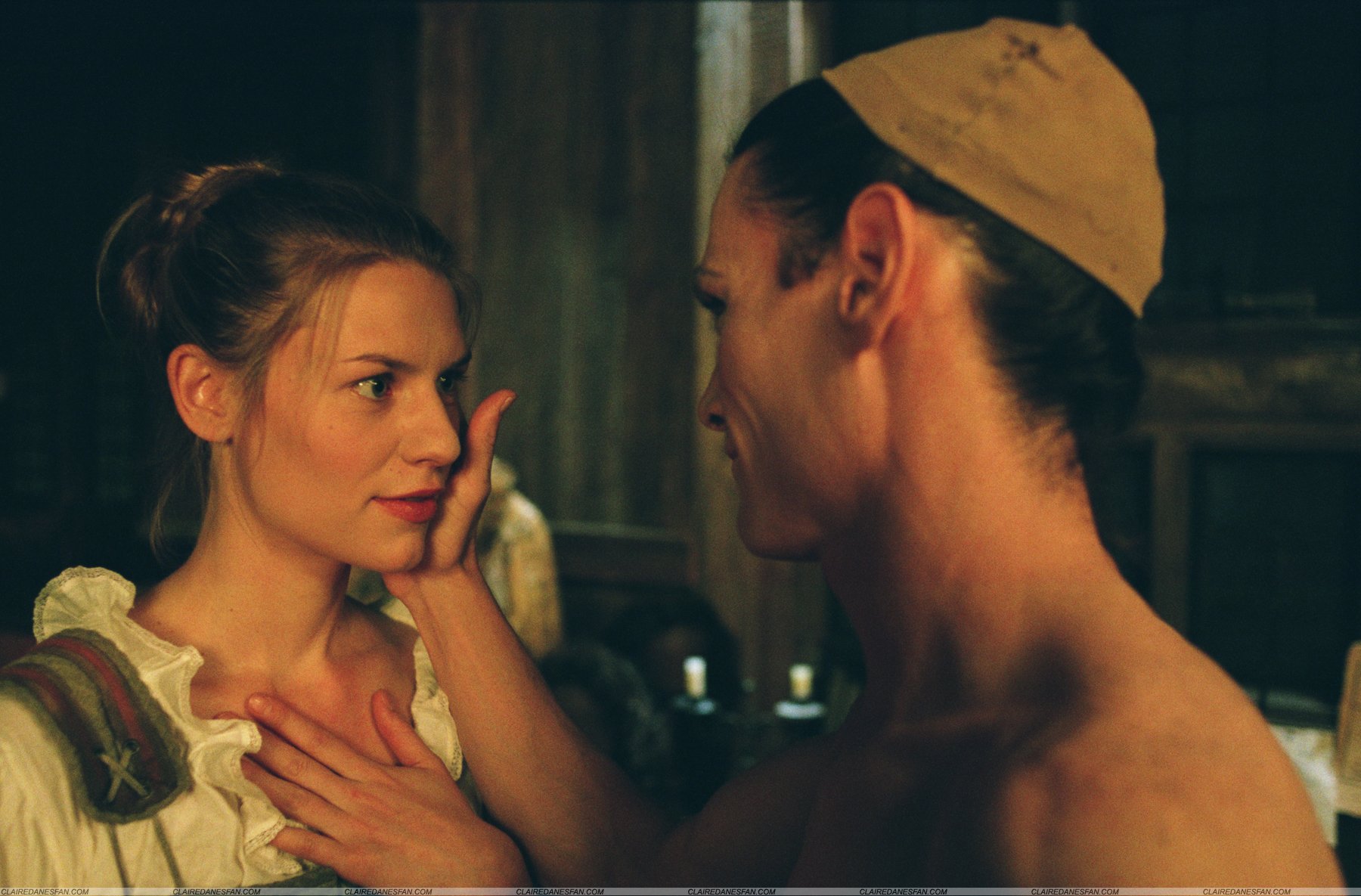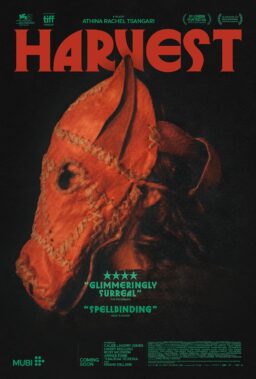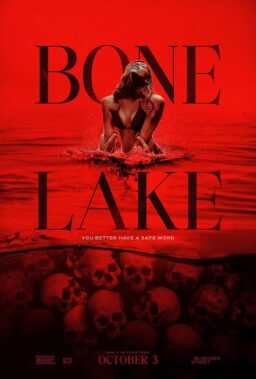In reading my colleague Noah Gittell’s recent piece praising
Nick Hornby’s ability to write women well, the thought that ran through my mind
was: “that means a woman didn’t get the job.”
Now hang on a minute, Internet, before you pounce on me, let
me concede that Hornby really *can* write women well. I’m a big fan of Laura from
“High Fidelity,” who neither embodies perfection nor a holy grail. She’s a
normal human being (which may actually explain her attraction to Rob). But what’s
really refreshing is that the story also puts the male protagonist’s fruitless
pursuit of idealized females on garish display, and rightly argues that the
idealization is precisely the problem.
The question isn’t whether or not men are capable of telling
rich stories about complex women. My issue will always be that producers believed
a woman wasn’t available to tell that same story. We can call for a
“democratization of the process” till we’re blue in the face, but if women are
deliberately, or worse, innately overlooked, we’re hardly working from a
democratic framework to begin with.
I’m not saying we shouldn’t applaud Hornby’s talent; but
when we do, let’s also remember that the gig he got was one a female (or
transgender) writer didn’t, and not necessarily because Hornby’s just better at
it. Let’s never lose sight of the fact that the story he so expertly told may
have benefited from the insights of a woman.
Here’s the baggage Hornby—for all his sensitivities—doesn’t
have. He doesn’t walk down the street scared that someone will follow him for a
few blocks and either a) harass him, or b) assault him. He hasn’t worked out
strategies to avoid either scenario. He’s also not ritually cut off
mid-sentence during meetings because someone thinks however he plans to finish
his thought is not worth listening to; because they weren’t really listening to
him to begin with. His salary is probably fair.
He doesn’t have to contend with the fact that many publications
let writers pen pieces called “Women don’t get Goodfellas.” Nothing Breibart.com
puts out into the world poses any danger to his existence. He may not get death
threats if he ever critiques video games.
Sure, guys can write “strong” female characters (whatever
that means), but if the world they inhabit is completely safe, or if the
dangers they face are only of the burlesque “big bad wolf” variety, then
something’s off.
Recognizing the flaws in our teachings doesn’t make us
immune to those teachings, either. We saw, with “Project Greenlight,” just how
deeply beliefs about gender and race can run, and just how oblivious the
well-intentioned can be when they’re called out for manifesting discrimination
and disparity.
As a woman, you wouldn’t necessarily represent the repercussions
of gender inequality in all of your work. But because you understand what living
with them daily is like, you inevitably write around it from that place. Imagining
what it’s like to have that experience is compassion; the first-hand experience
itself is perspective.
I’m reminded of “Stage
Beauty” and how it put forth that men performing female essentially resulted in
caricature. Consider how Billy Crudup’s character, Ned, coaches Claire Danes’s
Maria to improve her acting. They’re rehearsing for “Othello,” with Maria’s
cast as Desdemona. Despite the fact that up to now, Maria’s acting has largely
been an imitation of Ned’s, she finally reveals why she can’t get the scene
right.
“I always hated you
as Desdemona,” she tells him. “You never fought! You just died, beautifully. No
woman would die like that, no matter how much she loved him.”
It never occurred to Ned that Desdemona would fight back,
because in his world, where men play the parts of women, she never does. We
can’t necessarily blame him for internalizing the dominant conditioning. After
all, when a cultural system works in your favour, why would you question it?
(By the by, “Stage Beauty” was written by a man, and I’m
glad he wrote a scene that’s forever etched in my memory, which I was able to
conjure up in this piece. That a man made the point doesn’t make it less
salient, but note that his point is about things guys don’t understand. He’s
speaking from his own experience, without demeaning the woman’s.)
So here’s the thing: I want men to continue writing complex
female characters. I want to give them the space to do it well. And do let’s
praise those who get it right.
But Hornby’s latest movie doesn’t erase gender
inequality. He got paid, no doubt very well, to write that movie. And I know
for a fact that if a woman had been hired to do it instead, she wouldn’t have
had as good a payday.
Hornby writing good female characters still hasn’t fixed
that.












